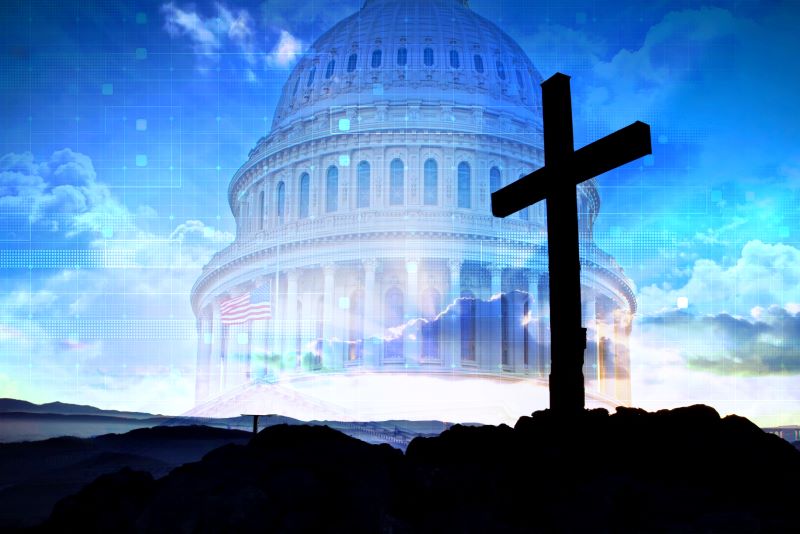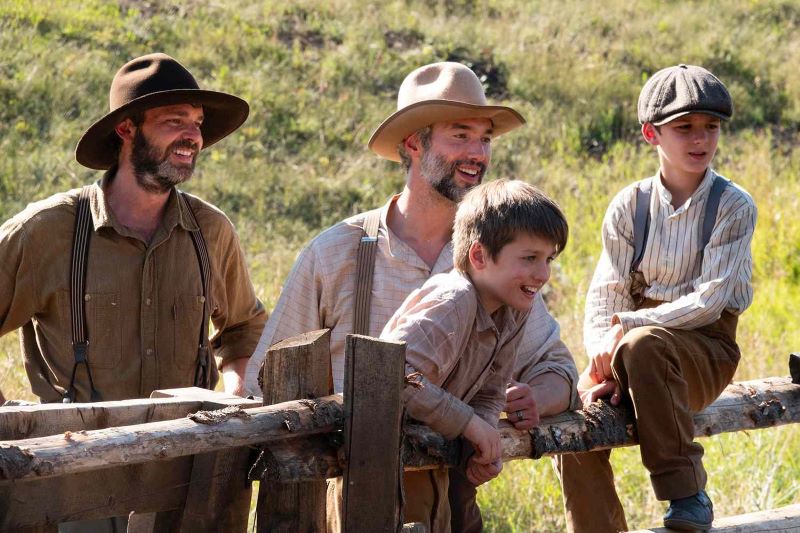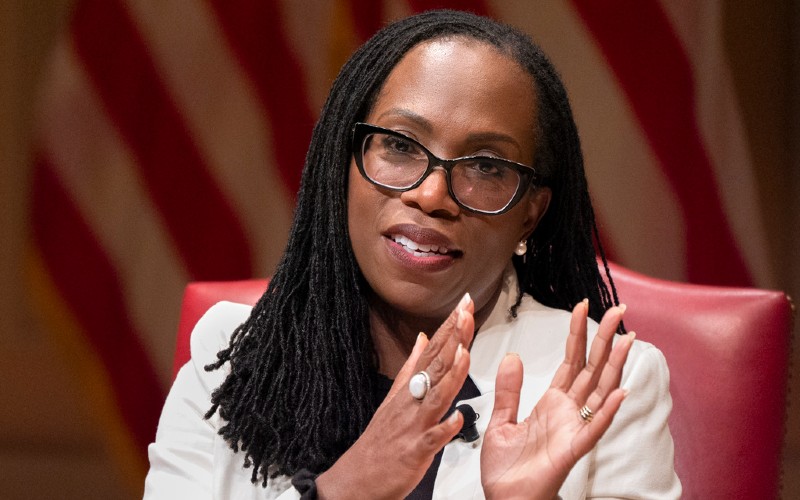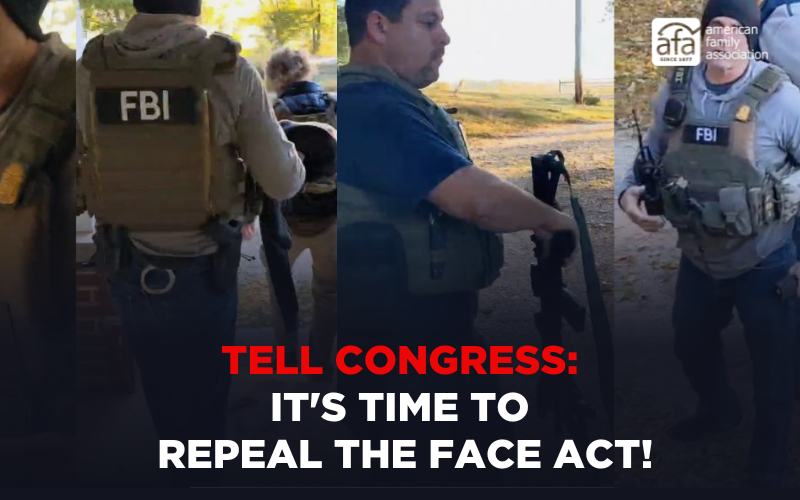Modern Masters
Sign up for a six month free
trial of The Stand Magazine!
There has been no shortage of talk lately concerning the topic of reparations and our nation’s past sin of slavery.
In fact, Evanston, a suburb of Chicago, Illinois, voted in March to begin reparations in their city, making them the first city in the U.S. to do so. Recently, Fox News’ Judge Jeanine Pirro speculated that the current administration will call for reparations on a national level.
To be clear, slavery is an atrocity that disregards the intrinsic value of an image-bearer of God.
Without a doubt, America’s historic mistreatment of blacks should be condemned. However, I question the idea of reparations. But a defense of, or position against, reparations is not the subject I want to consider.
Rather than rehashing sins of the past and whether or not our country has sufficiently atoned for those sins, I would submit that slavery still exists, just in a different form.
It’s a type of slavery that in many ways is more corrupt and deceitful than original slavery because it’s presented in such a benevolent way that those enslaved by it don’t recognize it, which makes it far more difficult to break free from the chains which have them bound.
I’m referring to government programs that have been designed to fight the “War on Poverty” as President Lyndon Johnson described it.
I’m referring to politicians and bureaucrats who, rather than hoping to truly lift people out of poverty, continue to profit from the programs that throw trillions of dollars at the problem while never making a real difference.
With historic slavery, people knew they were held captive, and desired freedom. With today’s plantations, the slaves seem to be blinded by their masters, unaware that true freedom even exists.
So many times I have vented my frustration over the duplicity of those who on the one hand decry the atrocities of slavery, while on the other hand promote programs that entrap the very ones they claim they want to help.
My thoughts are not novel
I must confess that I considered my notion of liberals being modern slave owners clever and new. In admitting that, I guess I’m just revealing my naiveté.
As I considered writing on the topic, not coincidentally, the Lord reminded me that “there is no new thing under the sun” (Ecclesiastes 1:9). Accordingly, I discovered that many people far wiser than me have had these same thoughts far longer than me.
Recently, while tuned in to The Hamilton Corner on my commute home, I listened to an interview between Abe Hamilton and Bob Woodson, founder, and president of the Woodson Center.
Mr. Woodson shared some eye-opening statistics concerning the so-called war on poverty.
“[America has] spent about $22 trillion in the last 60 years on programs to aid the poor, but .70 of all those dollars go not to the poor, they go to those who serve the poor – professional service providers – and only .30 to the poor.”
Despite the excessive spending, Woodson said the poverty rate over the last 50-60 years has been virtually stagnant.
Woodson suggests that true solutions are not really being sought, and the government isn’t concerned with “what problems are solvable, but which ones are fundable.”
Considered in that light, there is no incentive to lift people out of poverty and actually fix the problem. In order to receive the .70 out of every dollar, a program must exist, and in order for the social programs to exist, poverty must exist.
“The truth is inconvenient to those who profit from the existing confusion. We have made a commodity out of the poor,” Woodson said. “They help create a problem for which they are getting funded to solve.”
Woodson is not the only one who recognizes the enslaving nature of failing social programs.
During my research, I was made aware of Star Parker’s 2003 book, Uncle Sam’s Plantation: How Big Government Enslaves America’s Poor and What We Can Do About It.
Parker, who is the founder and president of the Center for Urban Renewal and Education (CURE), knows from first-hand experience what it’s like to live on the government plantation. She also knows how to become free from it.
Her early life included theft, vandalism, drug use, multiple abortions, and ultimately, dependence upon, and addiction to, welfare. After coming to Christ and leaving the plantation, Parker is now one of the leading voices amongst black conservative leaders.
Addressing the problem of big government in her book, Parker wrote, “Willing accomplices in the liberal establishment are involved in the slave trade, as surely as if they had put the chains on the people themselves. We work the ghettos instead of the fields, dutifully putting ‘massa’ back in the Senate or House of Representatives, so they’ll keep those compassionate benefits coming. They get power; we get a free ride. Everybody wins. Except we don’t. The results have been disastrous.”
Though unapologetic in presenting her solutions, Parker doesn’t deny that real problems exist.
“I know the social problems afflicting black America are great. I know that confronting black anger is exhausting,” she wrote. “But I also know the dreams of my ancestors did not include enslavement on the government’s plantation of poverty. They understood that nothing in the world is greater than freedom, and I know from personal experience that freedom will never come from dependence on the welfare state.”
Giving social programs the benefit of the doubt, Parker suggested that “welfare is a sociological monster, perhaps birthed with the best of intentions, but now unwieldy and insidious, damaging the very people it was intended to help.”
Parker describes how the modern-day plantation operates under the federal government.
“Politicians control their housing, food supply, schooling, wages, and transportation. A centralized government makes decisions about their childcare, healthcare, and retirement. It controls their reproduction through abortion and wants to control their deaths through euthanasia.”
She also points out the fact that sadly, the church, for the most part, has allowed this to happen.
“With the silent approval of religious organizations, the federal government has replaced religion as the answer for the people in need,” Parker wrote.
“It is the perfect position from which liberal scholars and other social elitists have launched their assaults to redefine truth. The technical term for this position is ‘statism,’ but the modern term is ‘liberalism’ and its nickname is ‘Uncle Sam.’”
But why would Americans who value freedom so easily yield so much ground?
Parker explained, “Civil magistrates can put the federal government in charge of all matters of family, commerce, and society. Americans can forget about their problems. The government has it under control.”
It really is that simple: convince the public that government is the solution to all its problems.
When problems arise, and they will, to whom or what do the vast majority look to for answers? The government. How many times have you heard someone ask, “When is the government going to step in and help?” I can’t tell you how many times I’ve heard the statement, “There’s a government program for that.”
Parker points out the consequence of daring to question the government’s genius. To do so is to risk having labels heaped upon one that may very well ruin their reputation or career.
“Under the dictates of Uncle Sam, the risks of life become engineering problems, and the goal of government is to eliminate those problems. The federal solution to poverty is the redistribution of wealth via disproportionate taxes on the wealthy,” she explains. “The plan is ingenious really: identify the need for atonement, demonize the people with the most money, tax them unfairly, and if anyone complains, say they are racist or heartless or both.”
And should a black person have the grit and determination to free themselves of the plantation, they often face more wrath even than whites.
“If anyone works their way off the plantation and denounces it, they are called ‘uppity’ or ‘sellout’ or even ‘Uncle Tom,’” Parker wrote. “After…years of social engineering, blacks had become political pawns of the Left, and the unforgivable sin was trying to leave Uncle Sam’s plantation.”
Parker clearly articulates what many know, others suspect, but far too many are too scared to say:
“Uncle Sam has developed a sophisticated poverty plantation, operated by a federal government, overseen by bureaucrats, protected by media elite, and financed by the taxpayers. The only difference between this plantation and the slave plantations of the antebellum South is perception.”
It’s no wonder the words Ronald Reagan spoke in 1986 are so popular still today:
“The nine most terrifying words in the English language are: ‘I’m from the government, and I’m here to help.’”

Sign up for a free six-month trial of
The Stand Magazine!
Sign up for free to receive notable blogs delivered to your email weekly.


















